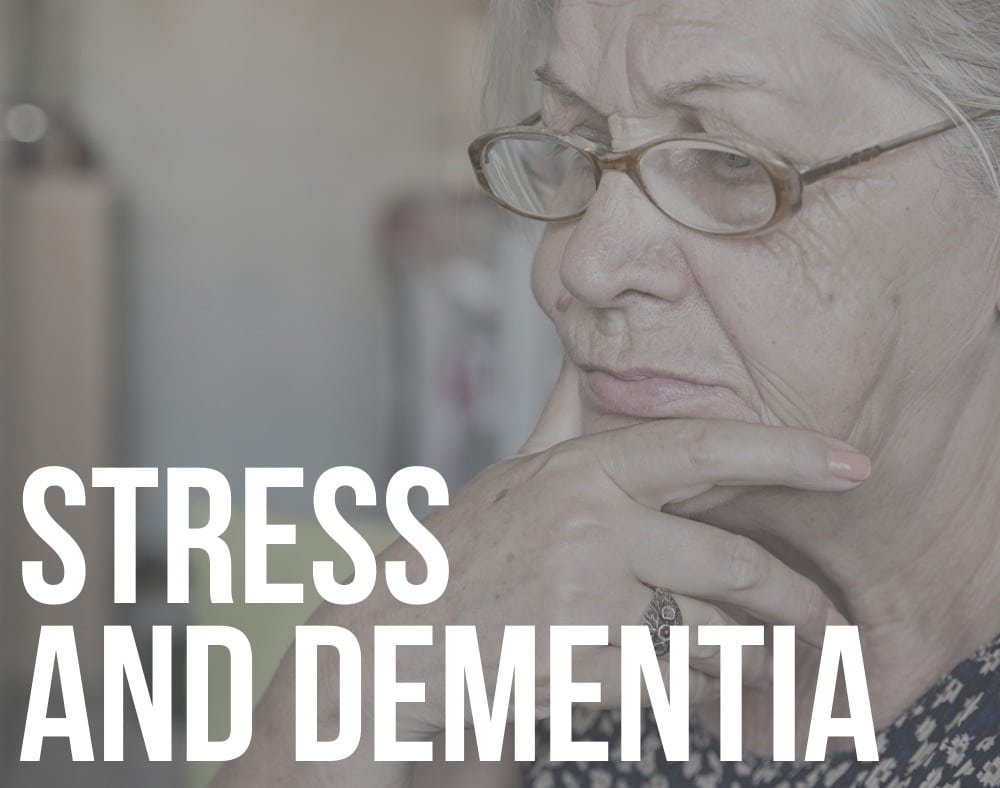While researchers and other medical experts continue to search for a cure for dementia, there are some essential oils for dementia that can help improve some of the symptoms that persons with this neurodegenerative disease experience.
The use of essential oil is not a new concept.
For years, people have used these oils to ease symptoms of insomnia, anxiety, and depression.
Because these are some of the symptoms that persons with dementia may get, it implies that essential oils are good for dementia.

Nowadays, persons living with dementia can use the oils for various reasons that may include:
- Easing anxiety and depression symptoms
- Improving sleep
- Enhancing memory
- Appetite stimulation
- Improving cognitive function
- Decreasing agitation
- Production of endorphins and serotonin that can decrease pain in the brain
- Stimulate creativity
- Improving the quality of life
Contents
How Essential Oils are Made

Essential oils are generally extracted from plants and herbs.
There are two ways this is done.
One of them is through expression which uses mechanical pressure to force the oil out. The other is distillation where the steam releases compounds from the plants.
A cooling system is then used on the vapor as the stream converts back to the water. The oil will float on top when the mixture cools.
Best Essential Oils for Dementia
Let’s check out some of the essential oils that are best suited for persons with dementia.
Lavender

Lavender is known to balance strong emotions and it also produces a calming effect. It can be used for persons who have anger issues, irritability, or depression.
In some cases, it can also help people with insomnia.
Rosemary

Rosemary belongs to the group of essential oils for dementia that is worth mentioning. It is considered an uplifting oil that stimulates both the body and mind.
Some say that it can also improve mood and cognitive performance.
A study by Lorraine Oliver and Mark Moss reported some persuasive evidence that exposing people with dementia to rosemary oil improves cognitive performance in both accuracy and speed measures.
Additionally, rosemary is thought to increase appetite, ease constipation, and even relieve depression symptoms
Lemon Balm

A quick market search reveals that lemon oil is among the most costly essential oils. Nonetheless, it is one of the most studied oils, thanks to its effectiveness.
The oil has been shown to help people with insomnia and anxiety to relax and remain calm. It is also known to ease indigestion, and improve memory.
Ginger
Oil made from the ginger root also belongs to the category of essential oils for dementia. It is particularly helpful for individuals suffering from digestion problems.
For generations, the oil has been used to treat constipation, and loss of appetite. Ginger is also known to help people eat well.
Ylang Ylang

Ylang Ylang oil is great for two major functions. It can help promote good sleep and it can also ease depression symptoms.
In addition to people with dementia, caregivers looking after ill individuals can also use it if they are struggling with a lack of sleep and restlessness.
It is advisable to combine this with lemon oil for maximum benefits.
Bergamot

Bergamot oil is a mood-elevating oil that also has a calming effect.
The essential oil helps with several symptoms including stress, agitation, mild depression, insomnia, and anxiety.
Peppermint
It is not possible to discuss essential oils for dementia without mentioning peppermint oil.
It is categorized as an energizer that stimulates the mind as well as calms nerves. Experts advocate for its use in the morning.
Note that there are many other essential oils that can benefit persons with dementia, but the above are the ones that have the most clinical support.
The other oils include oregano oil which is antifungal, anti-parasitic, antibacterial, anti-viral, and antimicrobial.
Sandalwood, frankincense, eucalyptus, thyme, and chamomile are other oils that can help reduce inflammation.
It is also important to note that scent has the potential to activate various emotional and physical responses. Specific aromas can bring back memories that a person might have forgotten.
Comparison/Review of Barefut Oils and Rocky Mountain Oils
There are many companies selling essential oils. The 2 companies we have reviewed offer 100% pure organic premium oils. All the oils discussed in this article are sold by both companies.
 |
||
|---|---|---|
| Company Name | BAREFUT ESSENTIAL OILS | ROCKY MOUNTAIN ESSENTIAL OILS |
| Selection/Range | All oils in this article available | 100 single oils, plus 75 blends. All oils in this article available |
| Customer Reviews | 4.9 STARS average | Between 4 and 5 STARS |
| Organic | 100% | USDA Certified organic |
| Quality | Every batch GC/MS Tested & analysed by chemists | Provides GC/MS test results from an independent 3rd party lab |
| Chemicals & Pesticides | Chemically free | Chemically Free |
| Extraction | Steam distillation or cold press | |
| Artificial Ingredients, filters and additives | Nil | Nil |
| Purity | 100% | 100% |
| Guarantee | 30 days satisfaction money back Guarantee | 90 days satisfaction money back guarantee |
| Shipping Costs | Free shipping with orders over $25 in USA | Free shipping USA |
| Rewards program | Yes | Yes |
| Packaging & storage | Prevents oxidation with nitrogen cap, and cool dark storage. Amber bottles. | Amber glass bottles |
| Delivery | Posted day after purchase | 3-7 business days in USA |
| Price | Average/moderate eg Lavender oil $14.00/15ml | Average/high eg Lavender oil $23.95/15ml |
| BUY BAREFUT OILS HERE | BUY ROCKY MOUNTAIN OILS HERE |
How to Use Essential Oils for Dementia

There are different ways that a person with dementia can get the benefits that come from using the essential oils.
In most cases, the oils are used for aromatherapy where persons inhale the oils or they are used for a massage. Look at some of the most common ways the oils are used.
Massage
Massage combines the therapeutic benefits of touch with the oils. This helps to improve and relax muscle tone as well as improve lymph flow and blood circulation.
Direct Inhalation
For this, a person puts essential oils in a cloth or tissue and inhales through their nose.
Ambient diffusion
This is where you use a dispenser to disperse the oils into the air.
Bath
An individual can opt to use the essential oils in their bathwater. It is one of the best ways to relieve emotional and muscular stress while soothing skin conditions at the same time.
It can be a full bath or foot bath depending on what a person desires.
Body oil
It is where individuals benefit from aromatic treatment through absorption of the skin. The oils in this case are best used after a bath or shower in a bid to deep condition the skin.
Misting
This is another way the essential oils can be dispersed in the air. For this, you will add drops of oil to a mister and vigorously shake to mist the air.
Gargling
At times, an expert may advise a person to gargle the essential oils.
Compress
It is also possible to use essential oils as a compress.
For this, an individual needs to add drops of oil to warm or cold water. Soak a cloth in this water, wring it, and apply the infused cloth on the skin.
Spraying on linens or clothing
Some oils, especially the ones used to promote sleep and relieve stress are best applied to pillowcases or clothes for the best results.
What to Look For When Purchasing Essential Oils?
Ensure you are buying high-quality oils. Essential oils are not regulated by the FDA and have therefore have no quality control guidelines in place. It is up to the buyer to do their own due diligence.
- Best to buy organic. Ensure the product has a USDA (U.S. Department of Agriculture) certified organic label.
- Read the label. The label should include where the plant originates, where the product was made, the Latin name, as well as how the oil was extracted. The label should also include safety data.
- Jar color: dark blue or amber bottles protects the aromatic and therapeutic properties.
- Be wary of companies claiming their product can cure Alzheimer disease, dementia, or other diseases. Be cautious.
- Tightly sealed bottles.
- Do not buy synthetic oil products. These have none of the health benefits that pure essential oils have.
- Look for 100% pure essential oils. Pure oils will not be greasy/oily or leave any residue on paper. Pure oils do not have artificial substances in the formulas
Closing Remarks
As much as essential oils for dementia may offer a wide range of benefits, they are not regulated by the FDA (Food and Drug Administration).
For this reason, it is important to consult a professional doctor before using any of the oils to make sure they will be safe and effective.








